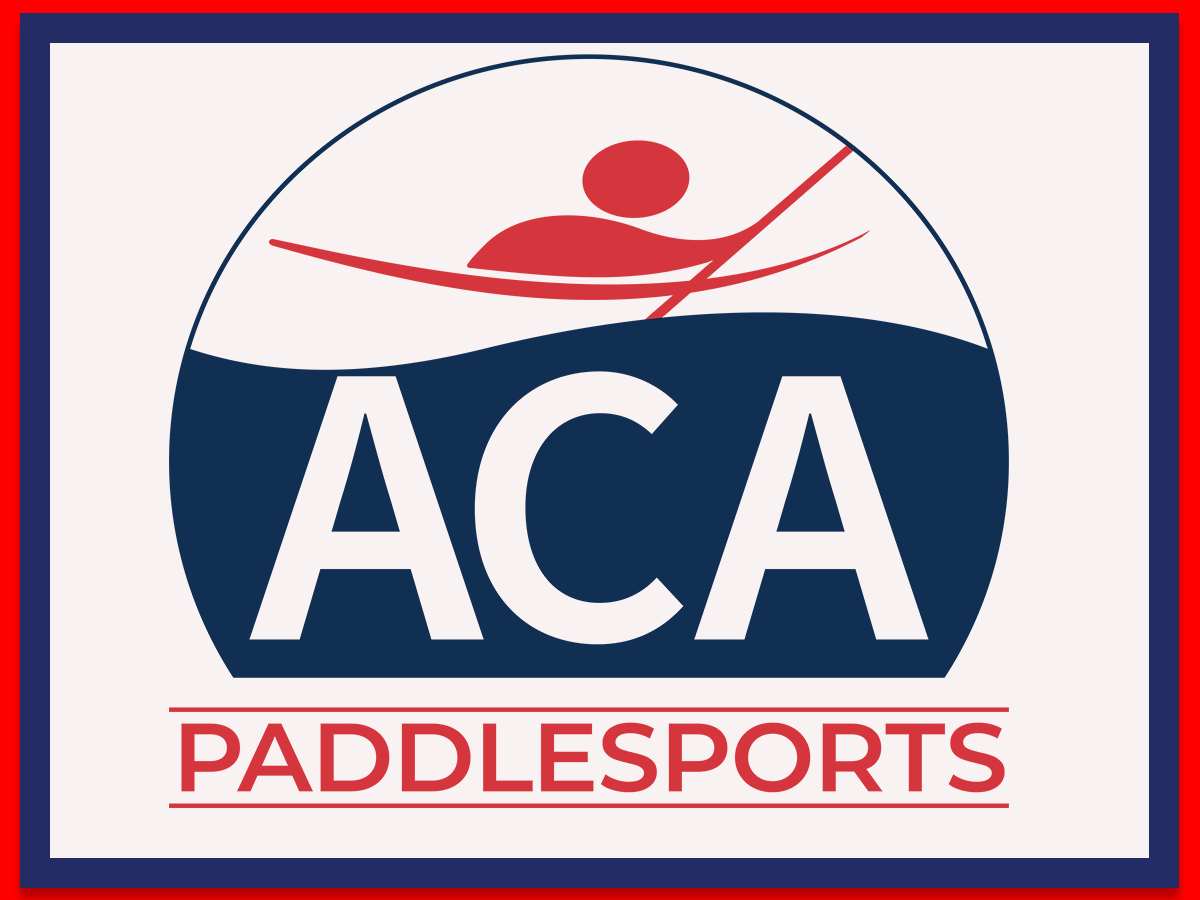Essential Level- 1 strokes
skills 1: ACA EKT L-1 on-water - 6 hour
Course Length: One session - 6 hours
Cost: $150 / 3 Person Minimum / 5 person maximum per session
Pre-requisite:
Must have taken ACA EKT L-1 four-hour in-class instruction with “A Paddle; For Hunger’s” Kevin R. Burkitt
Own or access to a recreational sit-in kayak, paddle, and PFD
The ability to transport a kayak more than 10 miles at highway speed in variable weather conditions
This course prepares the kayaker for flat-water instruction which is protected by wind over five (2) knots, waves less than one foot, and direct boat traffic. This on-land course follows the same Essential Eligibility Criteria (EEC) who can perform the following requirements, which are required for future on-water ACA instruction
1. Breathe independently (i.e., not require medical devices to sustain breathing)
Independently maintain sealed airway passages while under water
Independently hold head upright without neck / head support
Manage personal care independently or with assistance of a companion
Manage personal mobility independently or with a reasonable amount of assistance
Follow instructions and effectively communicate independently or with assistance of a companion
Independently turn from face-down to face-up and remain floating face up while wearing a properly fitted life jacket*
Get on / off or in / out of a paddlecraft independently or with a reasonable amount of assistance*
Independently get out and from under a capsized paddlecraft*
Remount or reenter the paddlecraft following deep water capsize independently or with a reasonable amount of assistance
Maintain a safe body position while attempting skills, activities and rescues listed in the appropriate Course Outline, and have the ability to recognize and identify to others when such efforts would be unsafe given your personal situation
Class Ratios:
On-Water 5 participants per section
Instructor:
Level 1 or higher ACA Instructors within their discipline
I hold EKT-L 1/2 Coastal Touring Instructor Certification
Course OBjectives:
Introduction, Expectations, and Logistics:
Welcome, introductions, paperwork
Student and instructor course expectations and limitations
Course itinerary and site logistics
Review waiver, assumption of risk, challenge by choice, medical disclosure
About the ACA
Preparing to Depart:
Discuss weather conditions, forecasts, and other environmental hazards (wind, water, weather, waves)
Make sure the boat is securely fastened to the car or racks, using proper tie downs, straps, or knots.
Review proper techniques to safely lift and carry the kayak on shore
Review life jackets appropriate for the operator’s size, kayak, and activity, assuring all others in the group are properly wearing their life jacket
Describe and follow safe boating practices (behavior, substance abuse, on water and land etiquette, leave no trace ethics)
Review elements of a float plan (Who, What, When, Where, filing practices)
Review personal equipment needed for the kayak, activity and environment
Prepare kayak for departure: stowing gear securely, and ensuring it is balanced How to hold the paddle in correct orientation and grip for effective paddling
Maneuvers: to be performed with appropriate and efficient strokes,
while maintaining the trim and balance of the craft.
Enter and launch kayak from shore in a controlled manner, checking for clear departure
Propel the kayak forward in a straight line 15-20 boat lengths
Stop the kayak within two boat lengths
Move the kayak backwards 3-4 boat lengths
Turn the kayak from a stationary position 180° to the right and left
Move the kayak sideways 10 feet (3 meters) to each side
Arrive at destination point, checking for clear approach, and exit the kayak in a controlled and safe manner
Technical Knowledge:
Review paddling equipment, terminology (kayak and paddle), and care of gear
How to avoid and prevent cold water shock, hypothermia and hyperthermia by choosing proper clothing; recognizing and treating early symptoms; 1-10-1 rule.
Recognize the importance of hydration
Recognize and appropriately use communication (paddle/oar and whistle) signals
Describe best paddling practices: posture, balance, awareness of body-kayak-blade relationship
LEVEL - 1 paddle strokes and techniques
Catch, Propulsion (Power), Release
Controlled Forward Paddle
Controlled Reverse Paddle
Edging
Turning on the Move
Sweeping Turn (left & Right)
Controlled 360-degree spins
Figure 8 paddle
Stabilization Paddle Bracing
Low Brace Paddle Turn / Emergency Turn
Group Paddle Awareness and Communication
L-1 Practical awareness and techniques
Demonstrate awareness of other boat(s), people, kayak(s), paddle(s), and gear
Describe the responsibilities of the group, rescuer, swimmer during an emergency
Identify in-water hazards using situational awareness(es)
Identify and demonstrate proper paddling techniques for flat water conditions
Demonstrate the ability to paddle up to one-mile in light wind, current under two (2) knots.
Conclusion and Wrap-Up:
Group debriefing or individual feedback
Course limitations and realistic expectations
Importance of additional instruction, practice,
experienceLife sport and paddling options
Local paddling groups and clubs
Handouts and reference materials
ACA membership forms
Description:
This modified ACA Introduction to Kayaking Course is designed as an in-classroom program emphasizing safety, enjoyment and skill acquisition for entry level individuals (kayakers) in public, private, and commercial settings. This course in-classroom course prepares you for an additional four-hours of on-water instruction and is adjusted to best fit the needs of the participants


